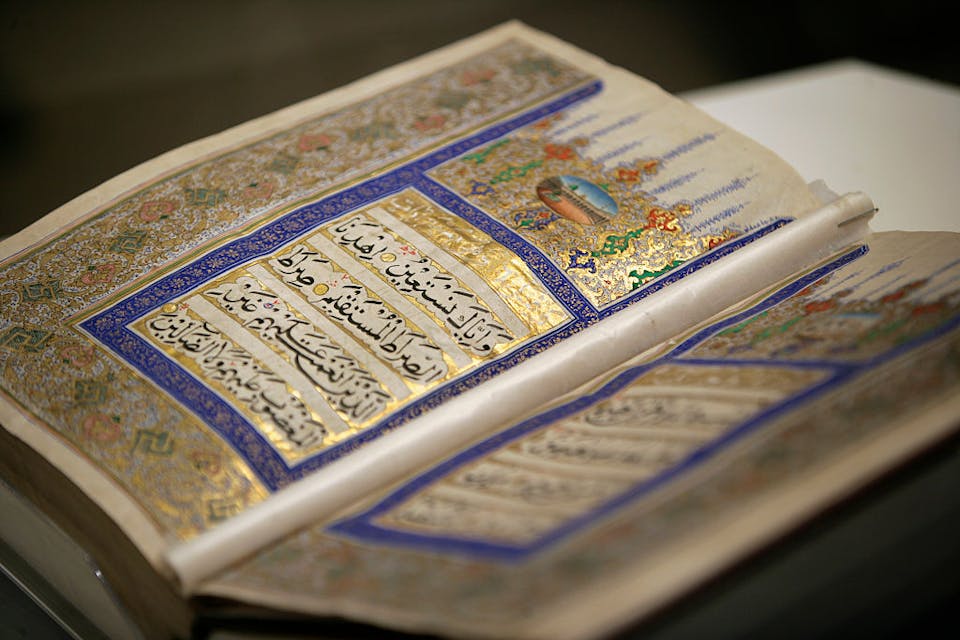
August 25, 2025
With No Easy Fixes for Middle East Studies, It’s Time for New Programs
Breaking out of a field notorious for poor scholarship and ideological capture by Israel-obsessive, activist faculty.
As an undergraduate at Duke University over 40 years ago, I took advantage of a major that no longer exists—Comparative Area Studies—to focus on history, religion, and politics in the Middle East and South Asia. In essence, I created my own personal course of study in “Arab and Islamic Studies.” My class on U.S. Middle East policy was taught by a smart, practical, problem-solving army veteran who had served on the State Department Policy Planning Staff and in its Bureau of Intelligence and Research. My year-long seminar on Mughal history was taught by a brilliant, self-effacing scholar after whom the American Historical Association later named an annual prize in South Asian history. My first Arabic instructor regrettably became a vocal BDS advocate but that was many years after I left Durham; when I was there, she kept politics out of the classroom.
My collegiate years coincided with a tumultuous period in America’s engagement in the Middle East. This included the Iranian revolution and the ensuing hostage crisis that gripped the nation as well as the immediate post-Camp David era, when Israel’s Menachem Begin butted heads with both a Democratic and a Republican president. But despite a heated political context, my education was undisturbed by the region’s turmoil. I may have suffered through the worst two seasons of Mike Krzyzewski’s coaching career, but no one on campus blamed either the Zionist entity or a murky Jewish conspiracy for the Blue Devils’ going a combined 21-34 my junior and senior years.
Forty years after my graduation, Duke got fairly high marks for navigating the post-October 7 campus upheaval, but many peer schools failed, some abysmally so. Here, I am not just talking about the ugly violence and uglier anti-Semitism that rocked schools from UCLA to Columbia. I am talking about the debasement of the classroom itself at numerous supposedly elite universities.
Responses to August ’s Essay
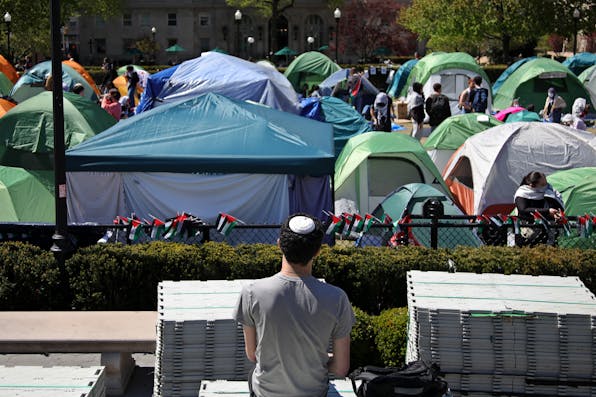
August 2025
The Future of Higher Education and the Jews: A Symposium
By The Editors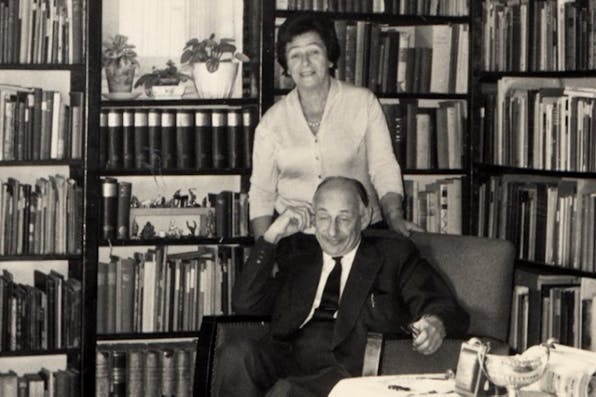
August 2025
How Jewish Studies Became a Tool of Adversarial Culture
By Ruth R. Wisse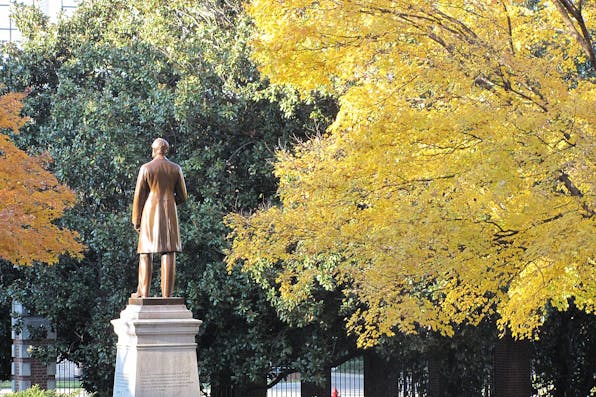
August 2025
The Future of Universities Must Be Built on Firm Values
By Daniel Diermeier
August 2025
Western Civilization and the Jews: A Shared History
By Steven H. Frankel
August 2025
The Quest for Wisdom, Truth, and Virtue at the University of Dallas
By Jonathan J. Sanford
August 2025
Universities Need Teachers Who Want to Teach, and Students Willing to Learn
By Bella Brannon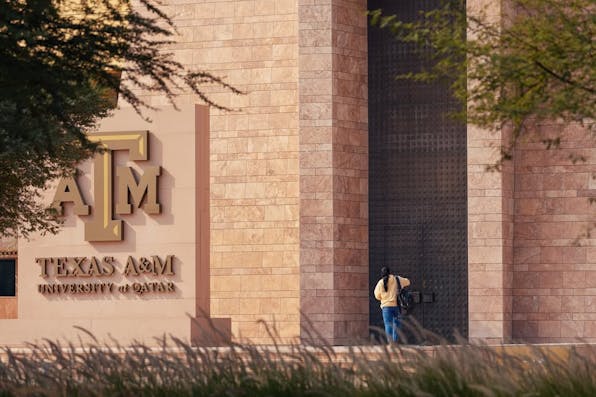
August 2025
Saving American Universities Requires Cracking Down on Foreign Funding
By Danielle Pletka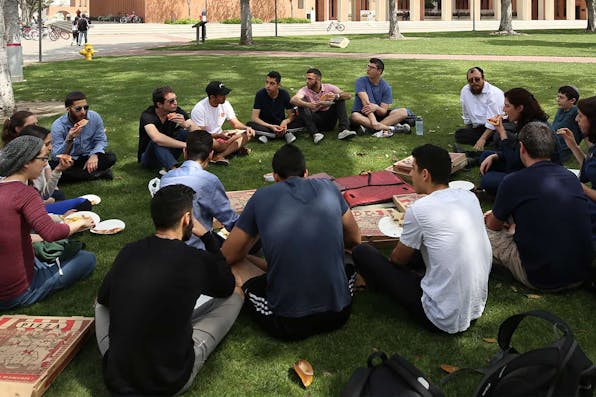
August 2025
Jews Shouldn’t Give Up on Universities, and Neither Should America
By Eitan Webb
August 2025
The Moral Collapse on Campus Is a Result of the Hollowing Out of the Humanities
By Alexander S. Duff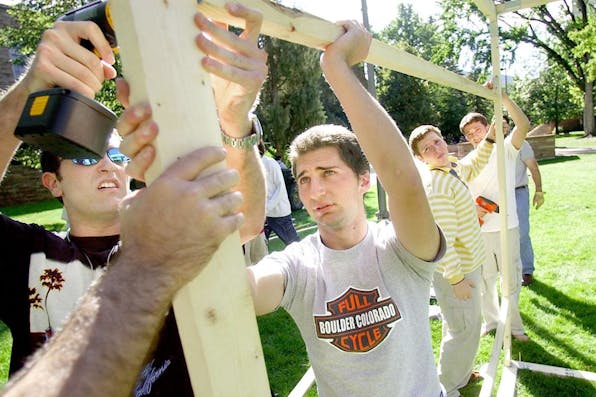
August 2025
Return American Universities to Their Religion-Friendly Roots
By Liel Leibovitz
August 2025
To Make the Academic Desert Bloom, Look to Religion
By Ari Berman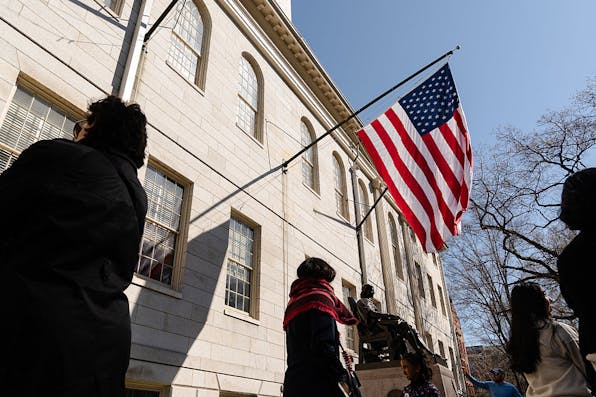
August 2025
The Universities and the American Crisis
By Ben Sasse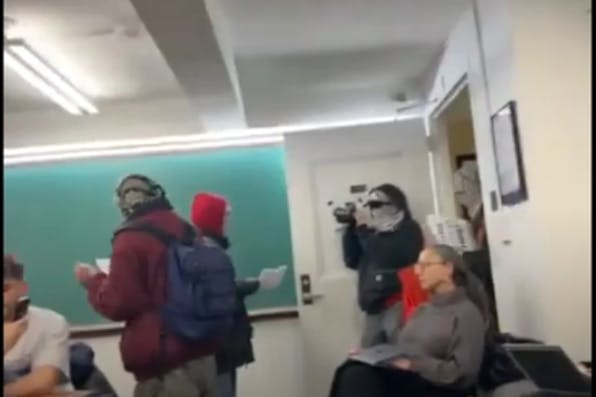
August 2025
The Campus Intifada Is a Golden Opportunity for Those Who Study Israel Seriously
By Avi Shilon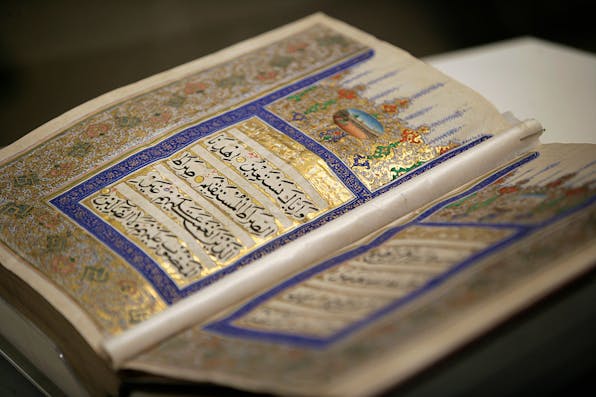
August 2025
With No Easy Fixes for Middle East Studies, It’s Time for New Programs
By Robert Satloff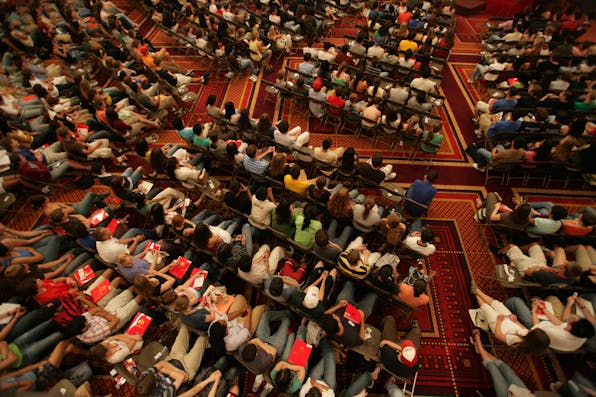
August 2025
The Perverse Microeconomics of the American University
By Michael Hochberg